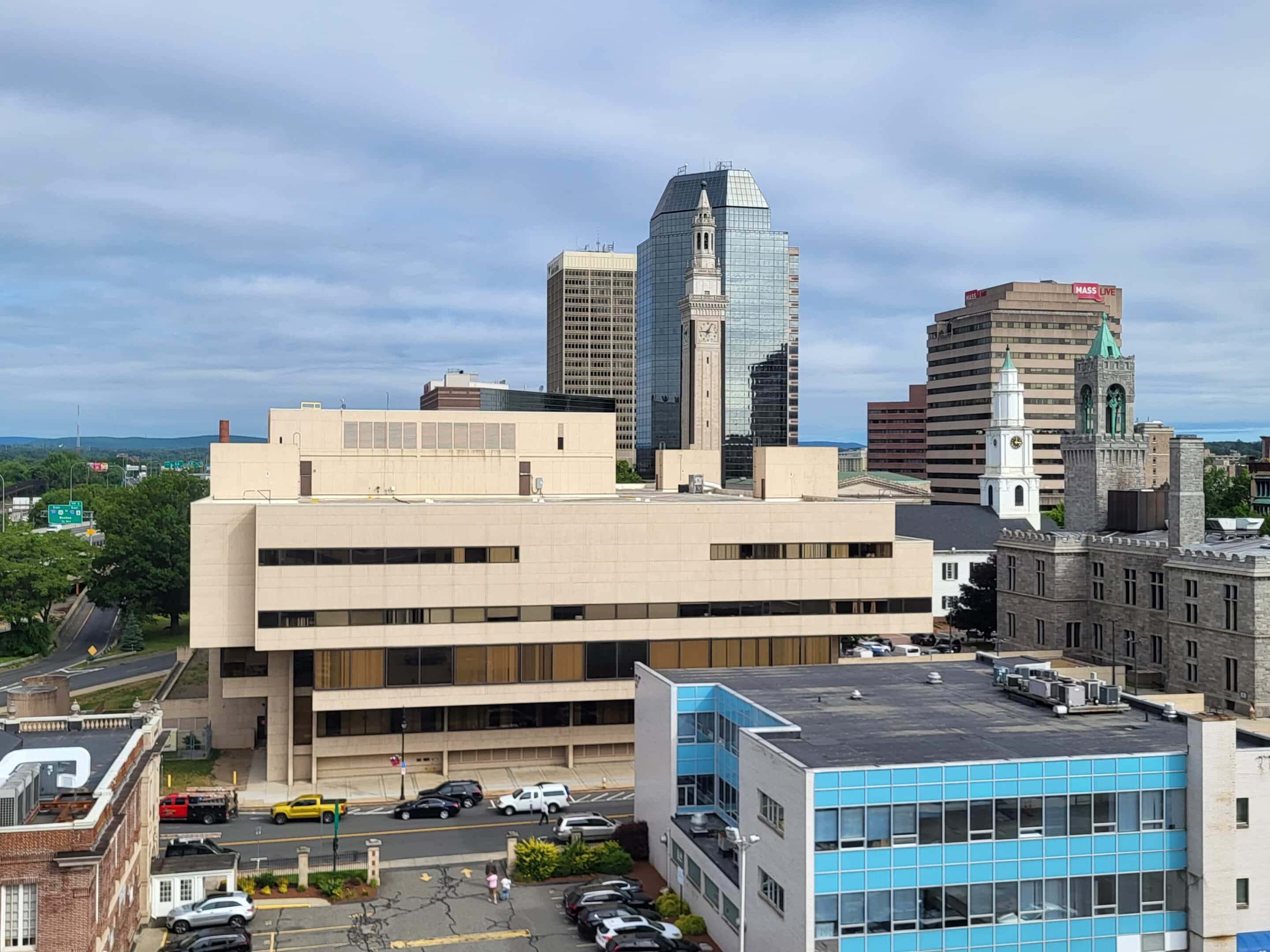SPRINGFIELD — The Department of Health and Human Services is partnering with young adults in Springfield and other stakeholders in the city for a community art contest to better understand gambling and its effects on young adults.
From now until Aug. 15, Springfield residents ages 16-26 are invited to submit art that reflects how they experience and understand gambling. According to collaborators on the project, submissions can include visual art, poetry, music, animation, digital media, dance and more.
The contest, titled “Wages and Whispers: Place Your Bet on Community Art,” is not about who is the best artist, but rather, how each submission shapes the larger conversation on how gambling impacts young people in Springfield and other communities.
“There’s a lot of different ways you can use art in research, but it has a really unique way of getting at different people’s experiences,” said Gerladine Puerto, a University of Massachusetts graduate student researcher whose part of the group running the art contest. “That’s why we wanted to really open up to any medium because people express themselves in lots of different ways.”
Puerto is part of a youth-led project known as the Gambling Awareness Research Initiative, which began in the fall of 2023 as a collaborative effort between Springfield’s DHHS, the Young Adult Action Collective, New North Citizens Council and the UMass Center for Community Health Equity Research.
According to Theresa Glenn, the group’s problem gambling coordinator from DHHS, GARI assembled 10 young adults between the ages of 18 and 24 to become co-researchers on a project that looks at gambling addiction within young adult circles. The group, which is funded by the Massachusetts Gaming Commission Community Mitigation Fund, developed a research plan last fall that included several different components.
“It’s both a research project as well as a community project to raise awareness and to learn and to communicate about, ‘how do young adults in Springfield experience gambling, and what do we do if there are some issues,’” Glenn said. “How do we address those?”
Mone’t Murphy, a YAAC member and co-researcher on the project, said GARI first met as a group to tackle questions like, “what the different forms of gambling, why people are doing it, what counts as a gambling problem and how is it impacting our health, family and community?”
The community art initiative was borne out of that research, according to Murphy, as a way to personalize their research in creative ways.
“We know that people are going to [gamble] … we’re not sitting her making you feel bad about it, but we’re here to give you the resources, the quotas, statistics; anything to get to you to think differently about it,” Murphy said. “We use music, videography, our words, poems, anything that helps people affected by it.”
The research and the art contest are more important than ever before, according to the young adult members of the group, especially with gambling becoming more prevalent and accessible than it was in the past.
According to research conducted by SEIGMA, the UMass-based study established in 2013 to monitor the social and economic impacts of gambling in Massachusetts, 64% of Springfield’s young adults aged 18-34 had gambled over the past year. Additionally, the research indicates that problem gambling disproportionately affects individuals of all ages who experience economic hardship, as well as communities of color and sexual and gender minority groups.
The group also found that one out of 10 people who gamble will eventually become addicted, and that number rises when it comes to young adults.
Nowadays, it is not just traditional casinos like MGM drawing people in. The young researchers from GARI say that the advent of sports betting — which became legal in Massachusetts in 2022 — along with microtransactions in the gaming world, and the emergence of new gambling applications are just a few of the more recent gambling outlets controlling the masses.
Blu Figueroa, a YAAC member from the GARI research team, said the ubiquity of betting has impacted young adults and teens in ways that it hasn’t before.
“I feel like even in how we engage and discuss these topics, it’s turning into more of a contemporary danger than people realize,” Figueroa said. “Even in my own conversations I’m having with people my age, it’s conversations that were never schoolyard conversations. We were never talking about scratch tickets and stuff, and yet somehow, it’s weaseling its way into all conversations.”
Pinpointing the statistics and the modes of betting are important, but now the group wants to use their research to figure out how to solve the issue of problem gambling. For Murphy, the hope is that their research and community art contest not only informs their work in the present, but also leaves a lasting impact on how GARI approaches their research in the future.
“I want it to be something where I can come back five years from now and see another group of individuals taking over to continue the research and furthering what GARI really is about,” Murphy said. “I want GARI to be generational.”
According to the Springfield website, young adults are welcome to submit their art pieces to the GARI website: tinyurl.com/sb5pvf9a. Photos of the artwork are welcomed as well as standard digital formats.
GARI said each person who submits art will receive a $25 gift card for their first entry, and multiple creative entries are welcome if participants want to explore different ideas and mediums.
Up to 15 winners will receive prizes of $250, $150 and $100 through a community voting process in September. The GARI members hope to have the art displayed in some form and fashion after the contest finishes.
Artists and readers can visit the GARI website to learn more about the contest and the group’s research.
- Ryan Feyre
- Ryan Feyre
- Ryan Feyre
- Ryan Feyre
- Ryan Feyre
- Ryan Feyre


